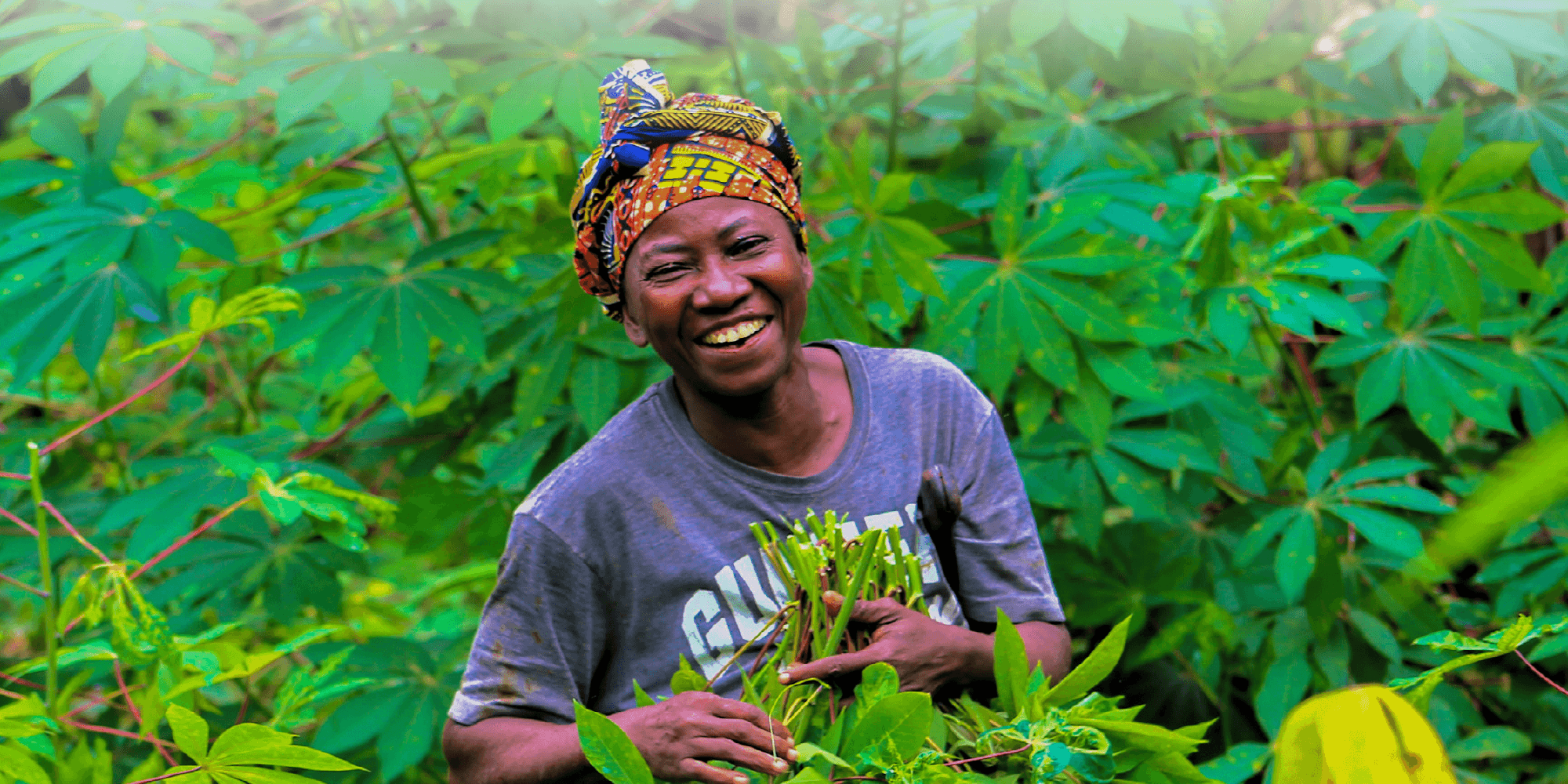On 24 March 2022, PARI’s Land Programme Lead, Gaynor Paradza, participated in a webinar titled Women’s Land Rights: Celebrating the Role of Women in the Land Sector: Reflecting on Experience, Progress and the Way Forward, held by the Network of Excellence on Land Governance in Africa (NELGA). PARI joined the Network in January 2021.
Dr Paradza gave a presentation on Gender Within the Land Sector.
Background
Land is a basic asset which supports livelihoods of people. Dependence on the asset is more among people in the developing world where the majority of the poor reside. The asset is more important to women, youth and older persons who are included in the most vulnerable populations. Vulnerable groups, have tenuous land rights and limited control over labour, capital, and decision-making. Majority of women across Southern Africa today remain marginalised and oppressed in society as opposed to their male counterparts who are systematically advantaged and continue to hold more privileges over land. This undermines efforts to improve gender equity and equality in society. In recognition of this, the global communities, regional and national governments have put in place measures to address asymmetry in the access, control, and capacity to benefit from land. These measures include guidelines, legislation, administrative systems, and capacity building initiatives. However, in spite of the plethora of initiatives, gender equality in access to, control and participation in decision-making over land and natural resources persists.
Considering this, countries would need to invest more energy in effective review and cohesive implementation of gender insensitive laws and policies that will guarantee access to, control and decision making. The issue around women’s land right creates a space to simultaneously work on the processes and systems that perpetuate injustice and oppression.
The short webinar is organised to celebrate and reflect on the role of women in the land sector, from academia, government, civil society and grassroots communities.


